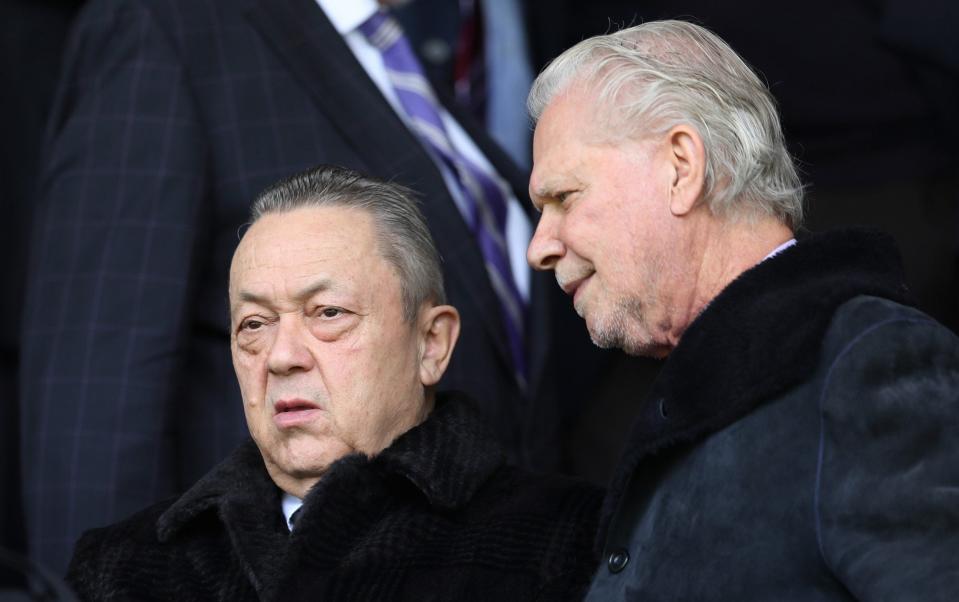West Ham owner in stand-off with PAI Capital over attempted takeover

West Ham United’s principal owner David Sullivan is once again at loggerheads with PAI Capital, the investment house which claims it has made a second bid to buy the club that has been rejected by the principal owner.
While a spokesman for PAI claims that the offer, which it said would include £150 million to invest in players as well as training ground and academy buildings, was “well-received and discussed on an amicable basis” the club itself continue to say that there has been no second bid.
West Ham’s position has been that PAI Capital made an informal offer in February that was not followed up, and the club has declined to comment on the latest claims. The amicable relations claimed by PAI Capital appear not to be reflected on the side of Sullivan who owns 51.5 per cent of West Ham and his partner David Gold who controls 35.1 per cent. In private, the club emphatically reject receipt of a formal bid from PAI Capital.
Run by the Azerbaijan born, British-educated Nasib Piriyev, PAI Capital alleged that Sullivan had declined their offer on the basis that “with the team performing so well, it is not the right time to sell”. Piriyev believes that the club should own the London Stadium and that there is an agreement in place to acquire it from the London Legacy Development Corporation which operates the publicly-owned facility.
As well as the £150 million investment, PAI Capital said it would offer shareholders a price above the current valuation - although it is unclear what West Ham is worth. With the team under David Moyes currently in some of its best form in years and competing in the modern Europa League group stage format for the first time in West Ham’s history, its valuation is likely to be spiking. The US analysts Forbes valued the club at around £370 million earlier this year.
All that is academic for now with PAI Capital having said it is “unable to take things forward at this stage”. It has previously said that it would be able to exploit the value of West Ham’s position in the Olympic Park in Stratford and put it at the centre of a more viable commercial plan.

 Yahoo Sport
Yahoo Sport 





































